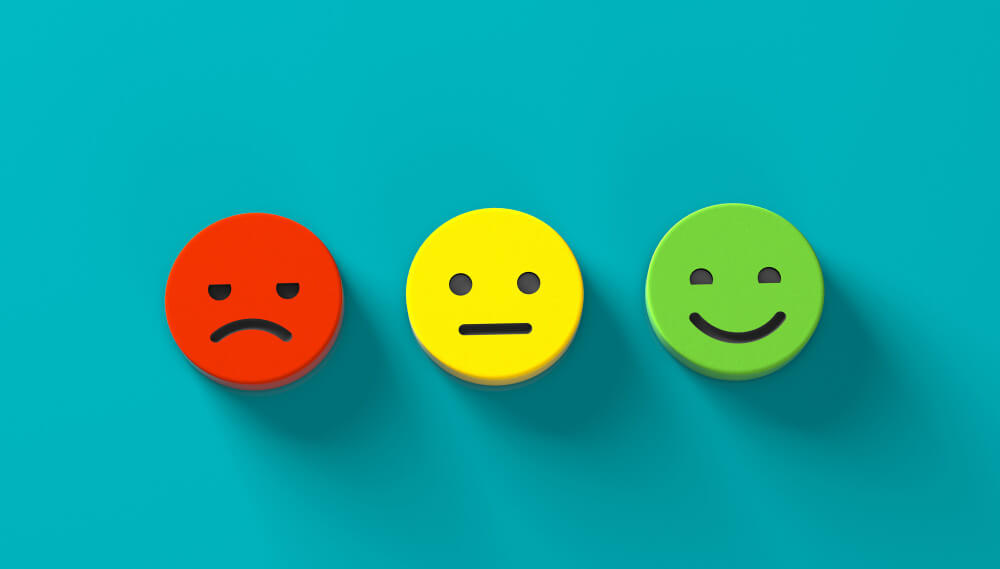
How does Xanax make you feel?
Xanax is an anti-anxiety medication that has become one of the most popular drugs globally. It is widely used to treat anxiety disorders, including panic attacks, social anxiety disorder, and generalised anxiety disorder. While Xanax can be highly effective in controlling symptoms, it's essential to understand exactly how this medication makes you feel to make an informed decision about your care. In this blog post, we will explore what to expect from taking Xanax and discuss potential side effects or interactions that may occur with other medications or substances. With this knowledge, patients can better assess whether this anti-anxiety drug is right for them.
An Overview of Xanax and its Effects
Xanax, also known by its generic name, alprazolam, is a commonly prescribed medication in the benzodiazepine class. This medication is primarily used to treat anxiety and panic disorders. The effects of Xanax on the body include a calming and relaxing sensation and a reduction in feelings of stress and anxiety. However, Xanax can also cause adverse side effects like drowsiness, dizziness, and memory problems. Therefore, it is vital to use Xanax only as a healthcare provider prescribes and to be mindful of the potential risks of this medication.
Physiological Effects of Xanax
Xanax, a medication that belongs to the benzodiazepine family, is commonly used to treat anxiety and panic disorders. Although highly effective in managing symptoms, it is essential to understand the potential physiological effects that may result from its use. When taken in average doses, Xanax can produce feelings of relaxation and calmness. However, higher doses can lead to drowsiness, confusion, and impaired coordination. Prolonged use of the medication can also lead to dependence and withdrawal symptoms.
Psychological Effects of Taking Xanax
Taking Xanax can lead to various psychological effects, ranging from brief feelings of relaxation and relief to extended periods of reduced anxiety. In addition, those who take the medication may experience mental fog, fond memories, improved concentration, and heightened social awareness. In extreme cases, feelings of depersonalisation or detachment may occur. Although mild or temporary effects are generally safe and manageable, users should be aware that regular use of Xanax can cause an increase in tolerance levels resulting in a dependence on the drug. Therefore, proper dosage and careful mental health monitoring are necessary when taking this medication.
Side Effects Caused by Taking Xanax
When treating anxiety and panic disorders, Xanax is often prescribed as a short-term solution. However, it is essential to note that taking Xanax can lead to some side effects, mainly when not used as directed. Common side effects of this medication include drowsiness, dizziness, impaired coordination, and even memory problems. Furthermore, taking Xanax over a prolonged period can lead to addiction and tolerance, making it more difficult to stop using the medication.
Signs of an Addictive Relationship with Xanax
Xanax is a prescription medication often used to treat anxiety and panic disorders. However, some individuals can develop an addictive relationship with the drug. Signs of an addictive relationship with Xanax can include increasing dosage over time, using the medicine for non-medical purposes, and experiencing withdrawal symptoms if the drug is suddenly stopped. It is essential to seek medical help if you or someone you know is struggling with an addiction to Xanax. With the proper treatment and support, overcoming addiction and regaining control of your life is possible.
How to Safely Take Xanax and Manage Stressful Situations Without Relying on It?
Xanax, a prescription drug commonly used to treat anxiety and panic disorders, is known to relieve the physical and emotional symptoms of stress. However, prolonged use of Xanax can lead to dependence, withdrawal symptoms, and addiction. With that being said, managing stressful situations without relying on Xanax is crucial for both physical and mental health. In addition, learning alternative ways to handle stress, such as practising mindfulness, deep breathing, and exercise, can help reduce the need for medication.
Conclusion
Xanax can be an effective medication for people experiencing anxiety and depression, offering short-term relief in stressful situations. However, discussing with your doctor the current symptoms you are experiencing and reviewing any potential risks before taking them is essential. For example, if you think you may be suffering from an addictive relationship with Xanax, please immediately seek medical help. Furthermore, remember that there are holistic alternatives to managing stress, such as exercise and meditation, that don't involve taking a sedative-hypnotic drug. Finally, talk to your doctor about Xanax if you seriously consider using it. Whether the benefits outweigh the risks depends on each situation; however, remaining knowledgeable about the possible physical and psychological effects of taking it can go a long way in promoting healthier coping strategies now and into the future.




